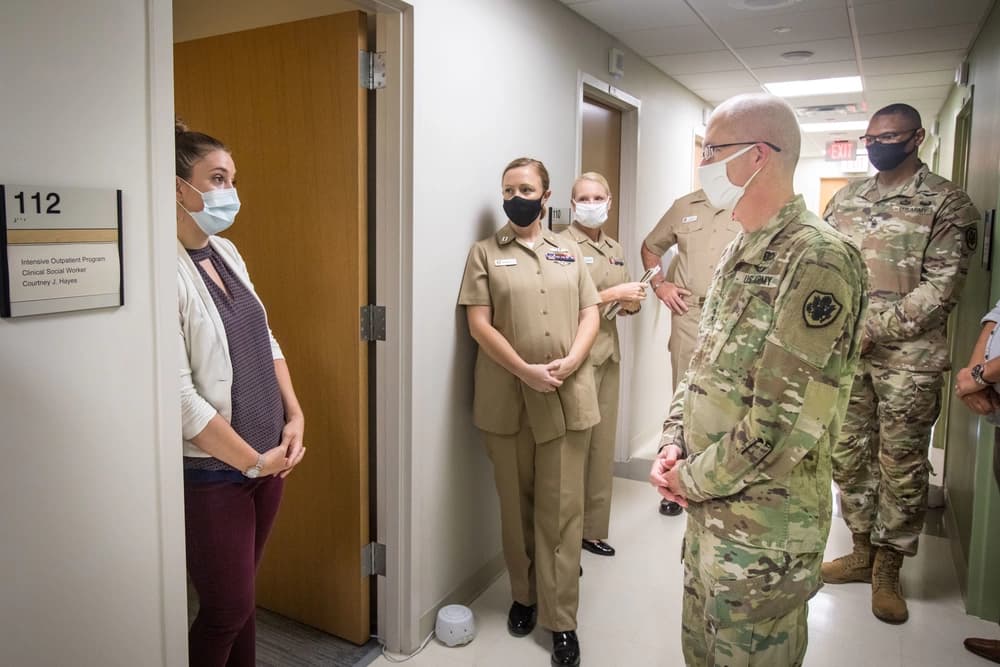Individual Medical Readiness

Individual medical readiness army medpros is one of the most important aspects of being an effective soldier. A few years ago, a unit preparing to deploy was faced with many problems because the leaders were not managing their troops’ medical readiness properly.
The MEDPROS system allows commanders at all levels to see how their Soldiers are doing. The database includes vaccinations, permanent physical profiles/duty limitations, eyeglasses and mask inserts, dental readiness, personal deployment medications, pregnancy screening, and more.
Immunizations
MEDPROS is an automated database that tracks individual medical readiness for the Army. It provides commanders at all levels a real-time world-wide operational system to manage unit and individual medical readiness.
McCollough suggests that soldiers check MEDPROS at least once a week to see what needs to be done, especially with things like flight physicals and periodic health assessments (PHA). The system also keeps track of dental records.
A novel virtual SRP process that combines a record review and a virtual pre-DHA is feasible for deployment SRPs. Comparison to a historical cohort showed no statistically significant differences in the number of soldiers seen per provider or in the number of GOs/NO GOs.

Physical Profile/Duty Limitations
Individual medical readiness is a military requirement that service members must complete before being deployed to serve. The army medpros system checks everything from immunizations to periodic health assessments, vision, and dental care.
McCollough says soldiers should check their medpros status at least once weekly to ensure all the greens are there. A yellow or red rating means something is up and needs to be corrected.
In the study, nondeployability was significantly related to having a musculoskeletal, cardiometabolic, or behavioral health e-Profile. However, sleep disorders were not a significant predictor of nondeployability.
Vision
MEDPROS is an Army-wide automated database that provides commanders a real-time, world-wide operational system for managing unit and individual medical readiness. MEDPROS includes information about immunizations, permanent physical profiles/duty limitations, eyeglasses/inserts, blood type, medical warning tags, and pregnancy screening.
Be sure to test a soldier’s near visual acuity with and without their glasses. This will help determine whether they need bifocal Protective Mask Inserts (PMI’s). Make sure to hang the eye chart at a reading distance that is most comfortable for the soldier.
Leaders today use many tools to keep track of their Soldiers, including MEDPROS, which monitors everything from immunizations and periodic health assessments to dental readiness and medical profiles. This allows leaders to identify when a Soldier needs medical warning tags or annual eyeglasses.
A virtual MEDPROS process was implemented with a cohort of soldiers on a COCOM deployment order. During this virtual SRP, providers were able to review MEDPROS and MHS GENESIS real-time to determine if soldiers were GO or NO GO for deployment.
MEDPROS is the Army’s automated database designed to meet Department of Defense requirements for maintaining unit and individual medical readiness. MEDPROS and the e-Profile system allow commanders at all echelons to manage deployment medical readiness for their units, Soldiers, and task forces.
McCollough encourages Soldiers to check MEDPROS frequently. “If you see a deficiency, find out what it means and get it taken care of,” she said. This includes things like flight physicals and Periodic Health Assessments, or PHAs.
MEDPROS is the Army’s system for tracking medical and dental readiness data by unit, individual, and task force. It covers active-duty, National Guard, and Army Reserve Soldiers, DA civilians, and contractors.
Special-operations teams are small, so each member must be in peak physical condition. McCollough says it’s important to keep up with MEDPROS checks, which check everything from immunizations to Periodic Health Assessments and even dental screenings.

Personal Deployment Meds
The Army’s focus on medical readiness remains an enduring priority. Readiness and deployability is an ongoing effort by all Army units and their commanders.
Preparing to Deploy
Ask your doctor for two copies of prescriptions for up to a 180-day supply. One will be sent to your pre-deployment military pharmacy. The other will be sent to Express Scripts, which will mail your medication to your deployed location.
Post-Deployment Health Reassessment
The PDHA is a face-to-face health screening conducted by a trained healthcare provider (physician, physician assistant, nurse practitioner, or independent duty corpsman). It identifies and documents any deployment-related health concerns as well as discusses possible deployment-related occupational/environmental exposures. Referrals for follow-on care are made when necessary.
A major problem McCollough saw was that commanders didn’t manage their Soldiers properly. That included ensuring MEDPROS status rosters are accurate.
Pregnancy Screening
If a woman is pregnant, she must have a first-trimester screening that includes a maternal blood test and an ultrasound. This screen helps identify certain birth defects, such as heart problems and chromosomal disorders.
A one-page quick reference sheet on Army regulations and COCOM guidelines should be sent to guest providers. This could help decrease the amount of time spent reviewing these documents. Medical SRP is a vital process that can help ensure soldiers are prepared for deployment.



